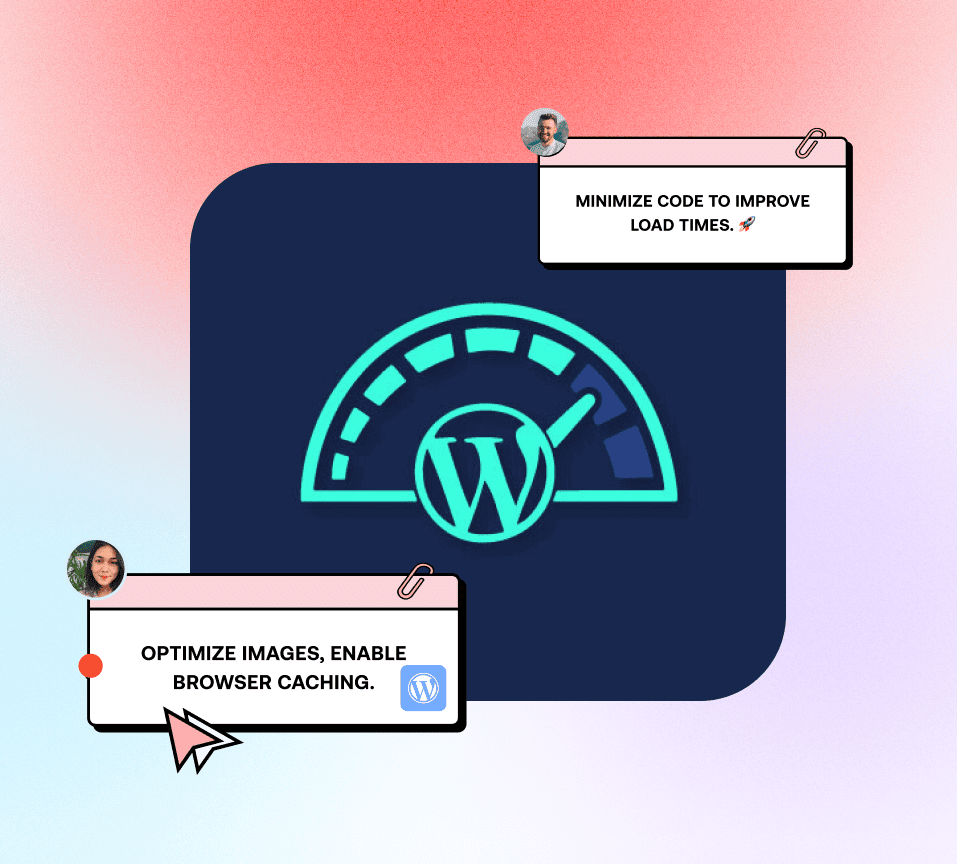Insight Hub
Stay updated with the latest trends and insights.
Speeding Up the Web: Boosting Your Site's Performance Like a Pro
Unlock lightning-fast loading times and skyrocket your website's performance with pro tips you can't afford to miss!
10 Proven Strategies to Enhance Your Website's Speed
In today’s fast-paced digital world, users expect websites to load quickly. A slow-loading site can lead to high bounce rates and reduced user engagement. To enhance your website's speed, consider implementing the following 10 proven strategies. These strategies not only improve loading times but also boost your site's overall performance in search engine rankings.
- Optimize Images: Ensure that images are compressed and properly sized. Use modern formats like WebP to reduce file sizes without sacrificing quality.
- Minimize HTTP Requests: Reduce the number of elements on your page to speed up loading times. Combine CSS and JavaScript files where possible.
- Leverage Browser Caching: Enable caching to allow returning visitors to load your site faster by storing a version of your site on their device.
- Use a Content Delivery Network (CDN): CDNs distribute your site’s content across multiple servers globally, speeding up access for users.
- Minify CSS and JavaScript: Remove unnecessary characters from your files to decrease their size and improve load times.
- Prioritize Above-the-Fold Content: Ensure that critical content loads first, improving the perceived loading time.
- Reduce Redirects: Minimize redirects to decrease additional HTTP requests and speed up the loading process.
- Optimize Server Response Time: Choose a reliable web host and assess your server's performance to ensure quick response times.
- Implement Lazy Loading: Load images and videos only as they become visible on the user's screen, improving the initial load speed.
- Regularly Monitor Performance: Use tools like Google PageSpeed Insights to regularly check your site’s speed and make improvements over time.

The Impact of Website Performance on User Experience: What You Need to Know
The impact of website performance on user experience cannot be overstated. In today's fast-paced digital world, users expect websites to load quickly and run smoothly. Research shows that even a one-second delay in page loading can lead to a significant decrease in user satisfaction and increased bounce rates. This means that optimizing your website's performance should be a top priority for any business or individual aiming to provide an excellent user experience. Implementing strategies such as reducing image sizes, leveraging browser caching, and minimizing server response times can enhance performance and keep users engaged.
Moreover, a faster website not only improves user retention but also positively influences search engine rankings. Search engines like Google consider page speed as a ranking factor, meaning that websites with better performance are more likely to appear higher in search results. Therefore, focusing on performance optimization can lead to increased organic traffic and overall visibility. To sum up, investing in website performance is crucial for enhancing user experience, boosting SEO efforts, and ultimately driving conversions.
Is Your Website Slow? Common Culprits and How to Fix Them
If you’ve ever experienced a sluggish website, you’re not alone. A slow website can be attributed to various factors that can frustrate users and negatively impact your SEO rankings. Some common culprits include large image files, excessive HTTP requests, and outdated plugins. To ensure your website loads quickly, it’s crucial to identify these issues. For instance, oversize images can significantly slow down loading times, so consider compressing them without sacrificing quality. Additionally, minimizing the number of plugins you use can help reduce the number of HTTP requests.
Another factor to consider is your hosting provider. A low-quality hosting service can cause slow server response times, which can detrimentally affect your site’s performance. To enhance speed, consider opting for a reputable hosting plan that suits your website's needs. Furthermore, implementing browser caching can significantly improve load speeds for returning visitors, as it stores frequently accessed resources in their browser. By addressing these common issues, you can create a faster, more efficient website that not only pleases your visitors but also boosts your SEO effectiveness.